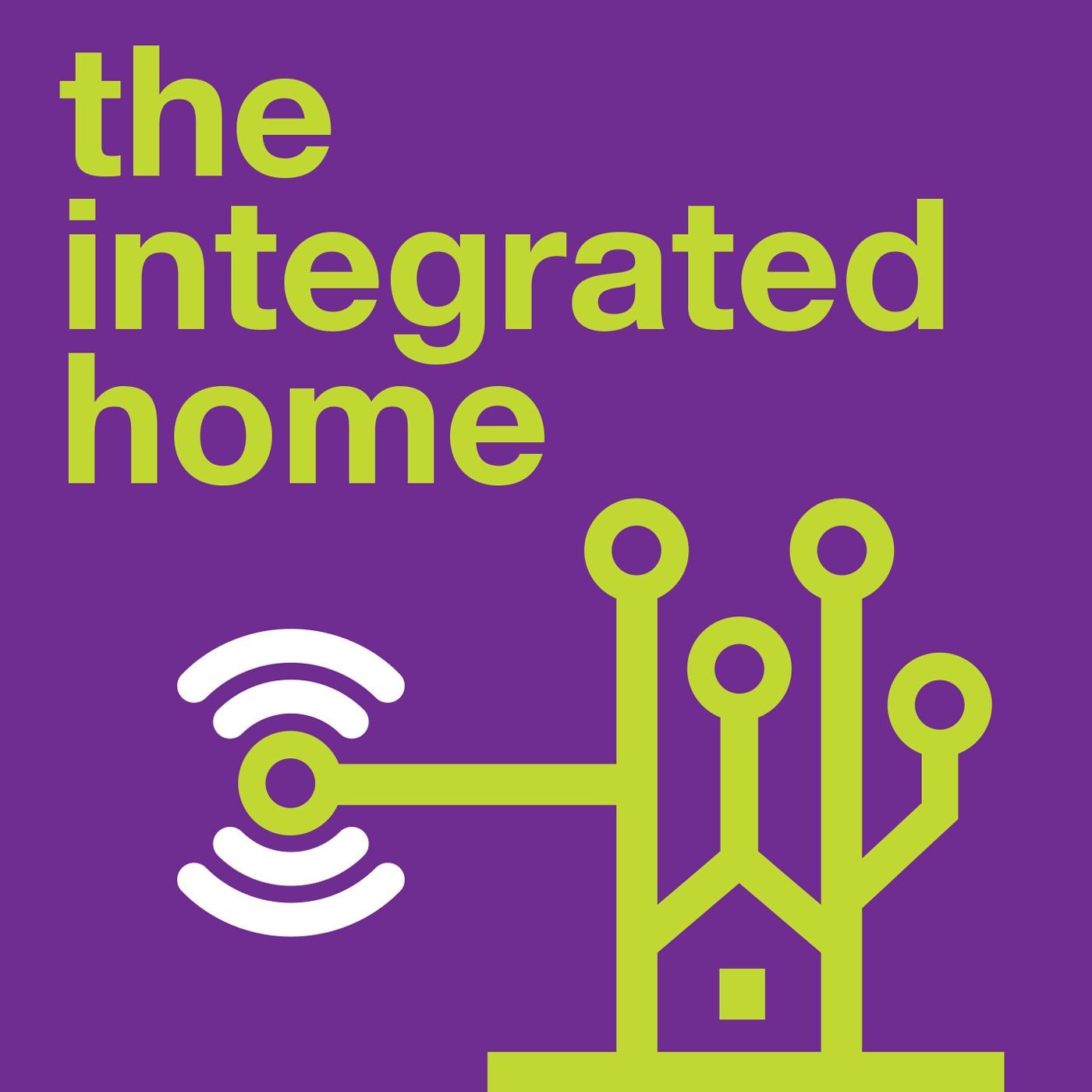
Venues and events: 2026 market outlook
ISE Insights As well as IP-based operations, and networked audio, arenas, theatres and corporate campuses are adding broadcast cameras and autonomous PTZ systems for multi-camera capture, motion-control, real-time engines, AR/XR elements and modular LED/projection for rapid visual refreshes without rebuilding sets. With fan demand often outstripping capacity, events are now being conceived as media platforms for pay-per-view streaming.
As well as IP-based operations, and networked audio, arenas, theatres and corporate campuses are adding broadcast cameras and autonomous PTZ systems for multi-camera capture, motion-control, real-time engines, AR/XR elements and modular LED/projection for rapid visual refreshes without rebuilding sets. With fan demand often outstripping capacity, events are now being conceived as media platforms for pay-per-view streaming.
Venue AV budgets are shifting toward IT and AVoIP, favouring networked, remotely managed systems that reduce hardware, lower power demand and simplify operations. Centralised NOCs are increasingly used to manage multiple sites, unifying PA, comms, displays, audio and broadcast systems in ‘building dashboards’ that tie technical performance to ESG metrics.
Smart stadiums are expanding the Smart Building approach with AVoIP backbones, analytics platforms and low-power systems. Fan-focused tools include wayfinding, congestion-aware routing and targeted content delivery. 5G slicing supports engagement features such as live replays, polls and highlights without choking the network, while NFC and biometrics speed entry while improving security.
According to Ted H Romanowitz, Principal Consultant at Futuresource Consulting, global LED deployments in stadiums and venues grew 3.4% to $1.7bn in 2023. A shift from packaged LED to unpackaged variants such as chip on board (CoB) and chip on glass (CoG) is expected to deliver finer pixel pitches below 1mm at lower prices, thanks to economies of scale over the next few years. Futuresource anticipates double-digit growth of CoB and CoG over the next five years and LED being deployed ‘from street to seat’.
This means that, as well as traditional overhead and ribbon displays in venues and stadiums, CoB and CoG deployments will expand to include ‘close up’ viewing, such as kiosks, wayfinding and informational displays, as well as media and advertising, menu boards and enhanced premium experiences in corporate suites.
“Increasingly broad and complex deployments of LED displays across stadiums and venues will require higher levels of integration, image processing, media serving and show control,” said Romanowitz. “Integrators will be utilised increasingly to deliver an interoperable solution that meets complex workflow requirements.”
Longer lifespans (LED is double that of LCD panels) and reduced power consumption also extend replacement cycles and cut electronic waste. New venues are adopting Smart Building principles familiar to ISE audiences, with energy-efficient lighting, Class D amplification, solar integration and IP-linked shading as standard. Building analytics track energy use, while automated lighting, HVAC and audio align with event schedules to cut opex and CO2.
Accessibility is built in from the design stage, with venue-wide captioning, multilingual announcements and assistive listening extending comfort and reach for all attendees.
Futuresource expects the transition to ultra-narrow pixel pitch to gain traction in theatres, concert halls, convention centres and houses of worship, creatively leveraged to deliver more compelling and engaging visitor experiences to increase attendance.
With venue façades and interiors becoming programmable media spaces, such as Sphere in Las Vegas, visual, audio and architectural elements are being used together to deliver a repeatable, premium experience. With more such venues planned, it’s easy to see the future is bright for integrators.
Related News
-
Taylor Swift’s Eras Tour has become the highest-grossing concert tour of all time, earning over a billion dollars by the end of 2023. Alongside Swift’s awe-inspiring performances, what has come to def ...



)
)
)
)
)
)
)
)
![[inst]ALLICHT](https://cdn.asp.events/CLIENT_Integrat_169E7B04_E6F3_39F6_8BE4DB27C54F731E/sites/ise-2025/media/libraries/partners/Inst_Allicht_Logo.png/fit-in/500x500/filters:no_upscale())
)
)
)
)
)
)
)
)
)
)
)
)

)
)
)
)
)
)
)
)
)
)
)
)
.png/fit-in/500x500/filters:no_upscale())
)
)
)
)
)
)
)
)
)
)
)
)
)
)
)
)
)
)
)
)
)
)
)
)
)
)
)
)
)
)
)
)
)
)
)
)
.png/fit-in/500x500/filters:no_upscale())
)
)
)
)
)
)
)
)
)
)
)
)
)
)
)
)
)
)
)
)
)
)
)
)
.png/fit-in/500x500/filters:no_upscale())
)
)
)
)
)
![rAVe [PUBS]](https://cdn.asp.events/CLIENT_Integrat_169E7B04_E6F3_39F6_8BE4DB27C54F731E/sites/ise-2025/media/libraries/partners/rAVe-PUBS-Google-Logo.png/fit-in/500x500/filters:no_upscale())
)
)
)
)
)
)
)
)
)
)
)
)
)
)
)
)
)
)
)
)
)
)

)
)
)
)
)
)
)
)
)
)
)
)